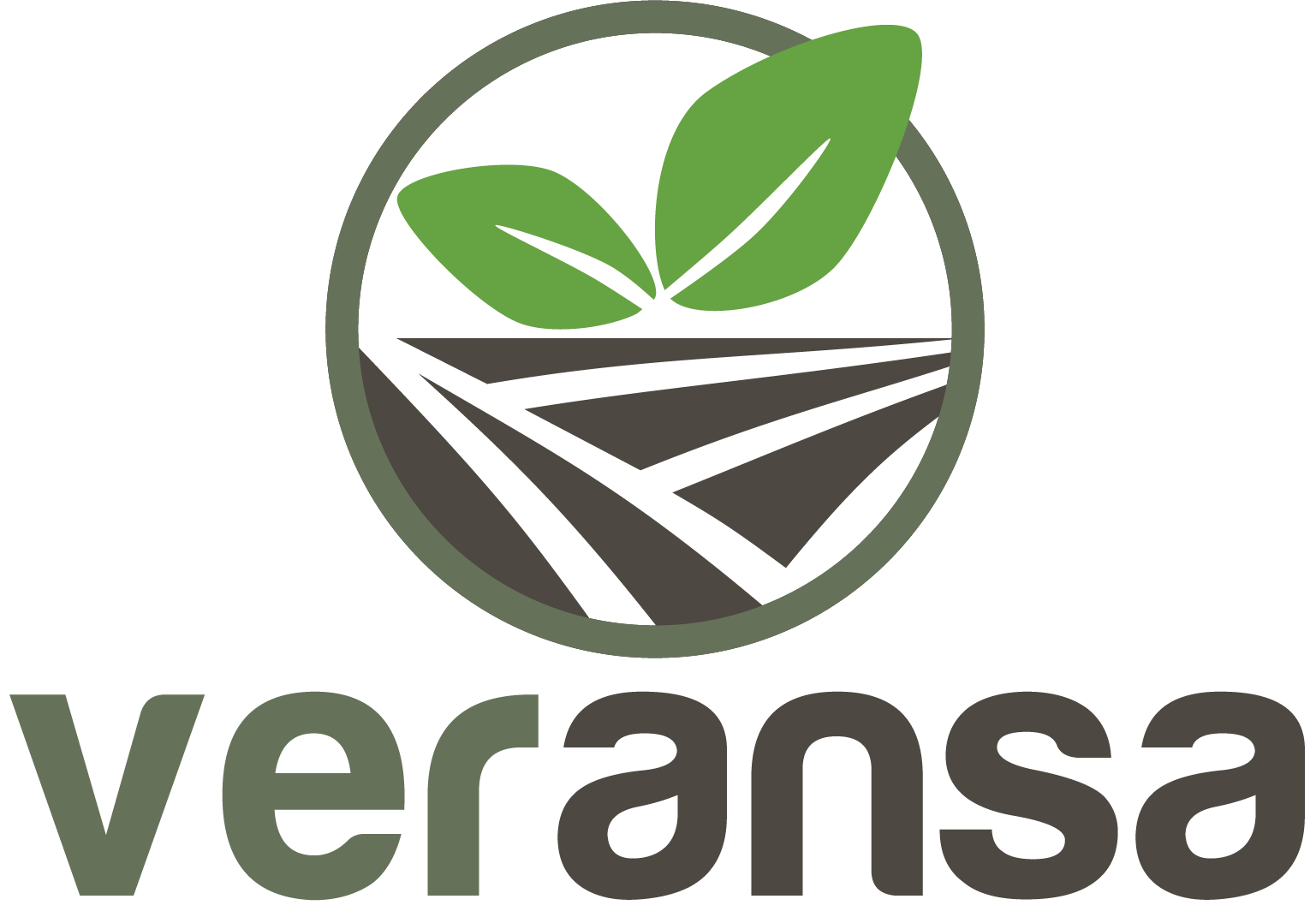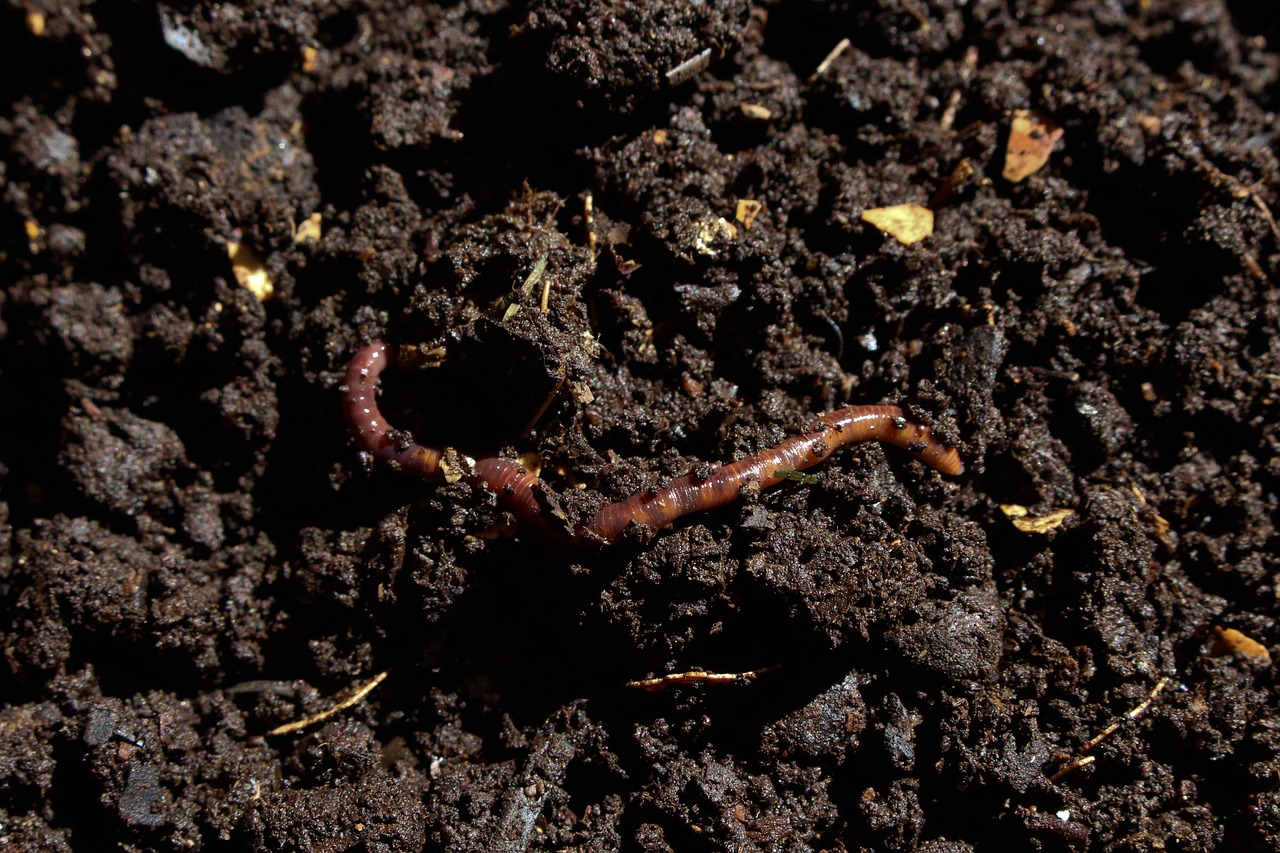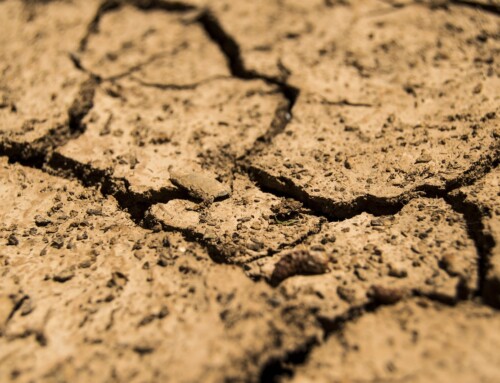Although not cute or cuddly, earthworms can be a landscaper’s best friend. Earthworms provide a wide range of benefits, from improving soil drainage to facilitating plant root penetration. In this article, we take a closer look at these helpful – yet largely understood – creatures.
What are Earthworm Castings? Also known as vermicast, castings are organic fertilizer produced by earthworms – in essence, “worm poop.” Castings are nutrient-rich and contain millions of beneficial microorganisms, making them an exceptional natural soil amendment to encourage plant growth.
Why Should You Encourage Earthworms in Your Soil?
Humans require vitamins and minerals for optimal health – as do grass and plants, which get their nutrients from the soil. Fertile soil, loaded with potassium, nitrogen, and phosphorus will facilitate growth, whereas sterile soil doesn’t support plant health. The more fertile the soil, the healthier your grass and plants will be. Healthy plants are less susceptible to weeds, pests, and disease.
Earthworms play a vital role in the health of your lawn, garden or landscaping in several ways.
- Earthworms consume soil and microbes, decomposing organic matter and improving soil health via their castings. They also enrich the soil with nutrients when they die, as their bodies decompose and contribute nitrogen to the soil structure.
- Earthworms consume thatch, which is a layer of living and dead organic material that accumulates between the grass blades and the surface of the soil. While a thin layer of thatch is beneficial for the lawn, it can become detrimental if the thatch becomes too dense as it blocks sunlight, nutrients and water. A thatch layer thicker than a half-inch is also vulnerable to pests and disease. By eating the thatch, earthworms avoid these issues and continue the cycle of depositing beneficial castings.
- Earthworms help to improve soil structure. They break up compacted soil by leaving tunnels behind them as they eat through the organic material. These tunnels facilitate the movement of water, oxygen and nutrients, and naturally aerate the lawn.
- Earthworms help restore topsoil, the earth’s uppermost layer of soil, by depositing nutrient-rich castings on the soil’s surface. The elevated fertility levels in the topsoil are essential for crop and plant growth. Topsoil is highly susceptible to erosion, but earthworm activity helps to protect its structure.
- Earthworms help to ensure deeper root systems by digging tunnels that clear the way for plant roots to push deeper. The deeper the lawn’s root system, the healthier and more robust the turf will be.
How to Make Earthworms Feel Welcome
If you see the benefits of earthworms and you’d like to attract them to your yard, there are many ways you can encourage their activity. Whether you want to keep your current earthworm population happy or are looking to invite more earthworms, try these tips:
- Keep your soil pH between 6.0 and 7.0. Not only do earthworms love this pH level, but it is also optimal for grass growth.
- Provide a reliable source of organic matter for the earthworms to eat, such as by adding organic compost across the lawn.
- Aerate and break up the soil to provide the worms with needed oxygen. Once they arrive, they will continue to aerate the lawn.
- Keep your lawn watered so that the soil doesn’t dry out. You can also lay down a layer of organic mulch, which protects moisture and provides more organic material for food.
- Reduce or eliminate pesticide use, which can harm worms and adversely affect their reproduction.
- Avoid tilling the soil, as the practice can kill the earthworms that live in the lawn.
At The Veransa Group, we are dedicated to soil health, whether in your yard or across our state. We proudly manufacture 100% natural organic soil amendments, mulch, and compost products that improve soil structure and enrich the environment.




